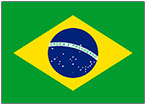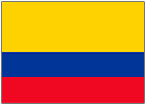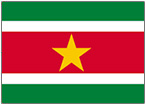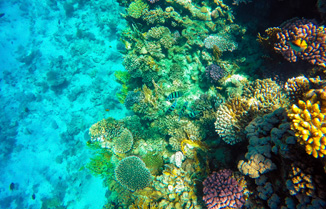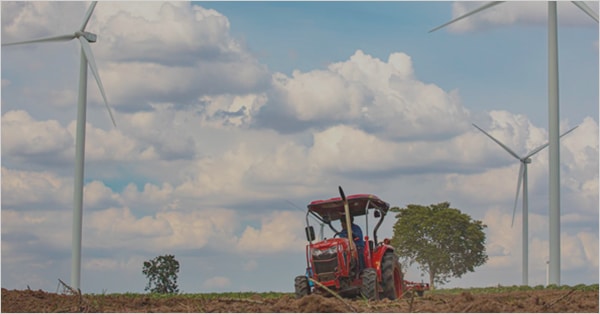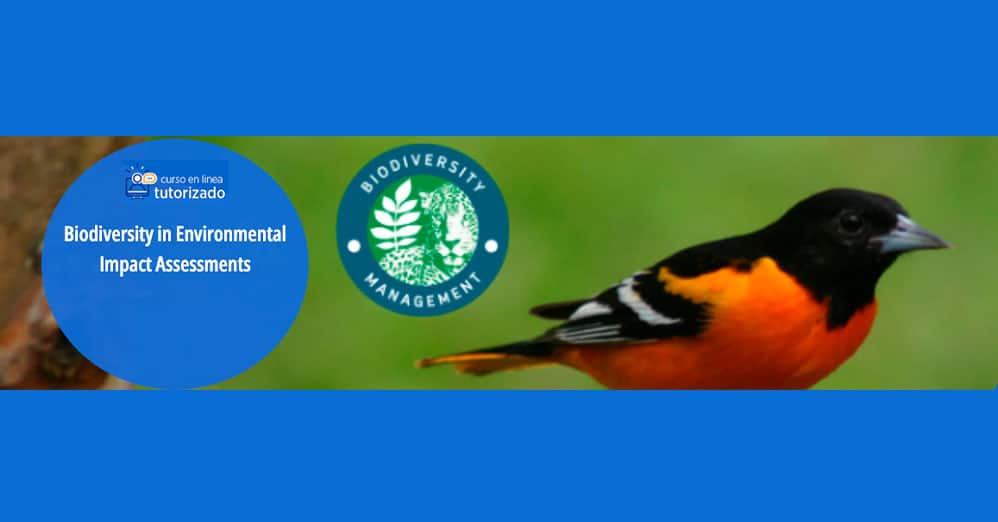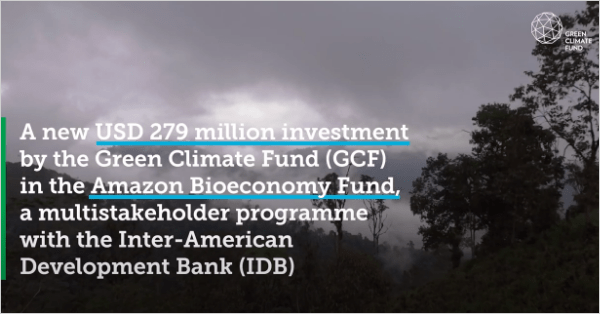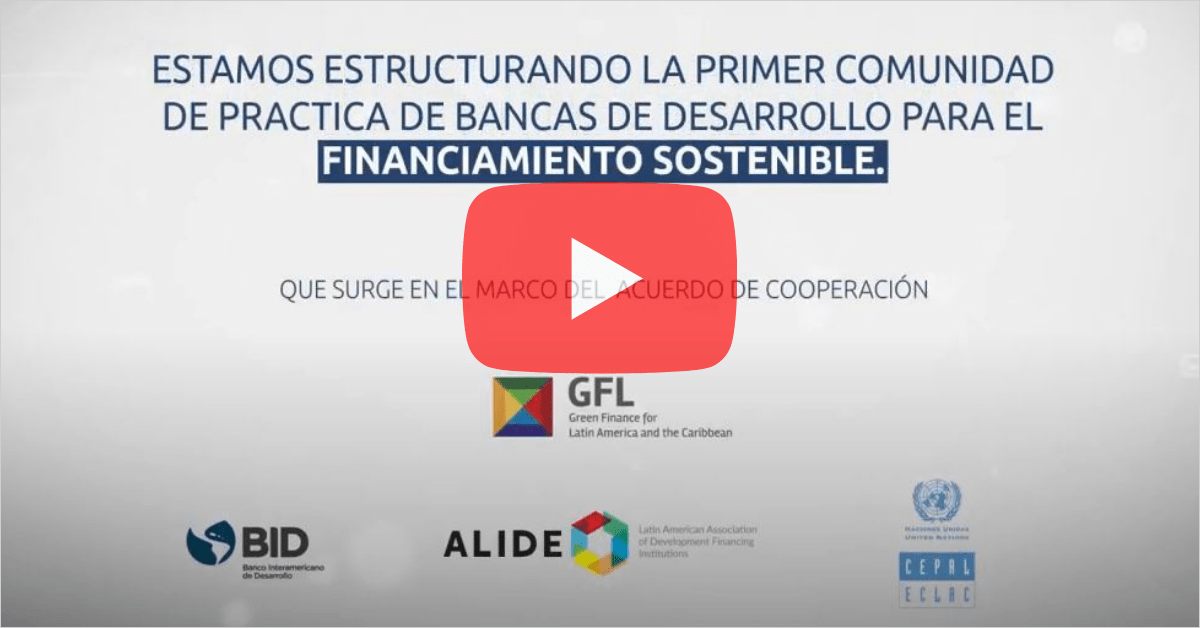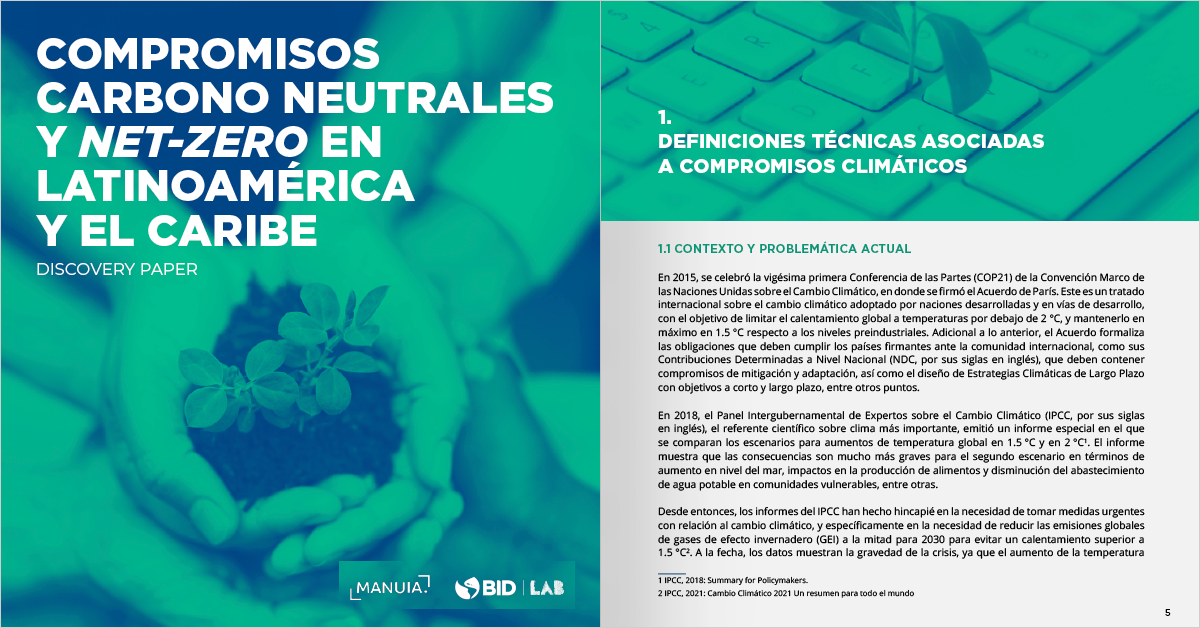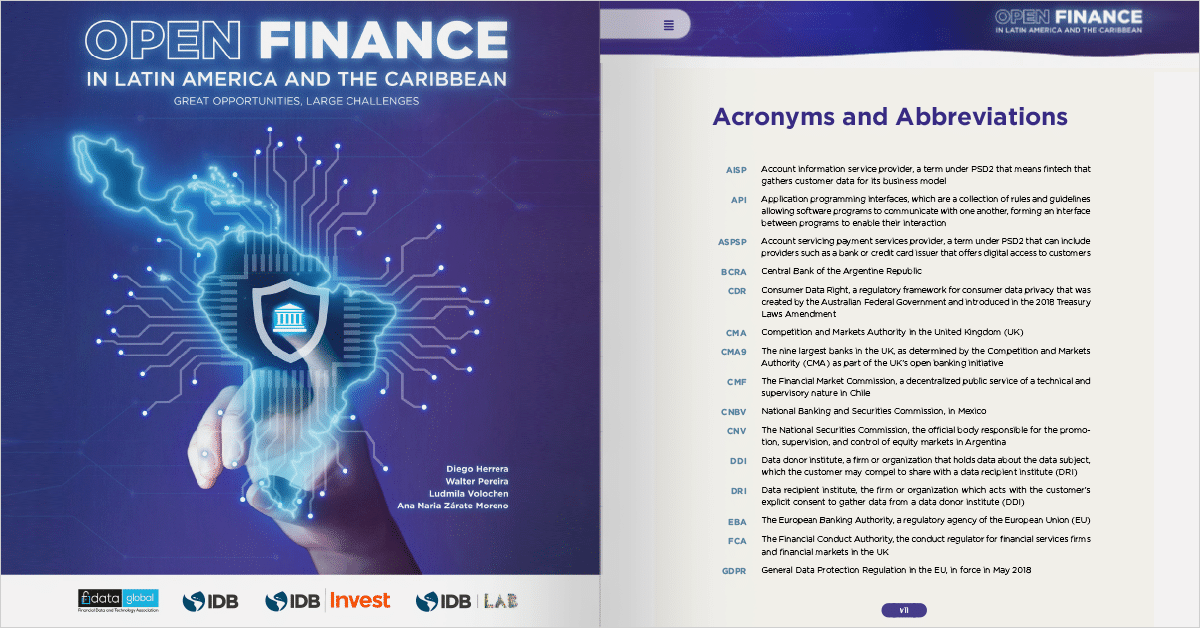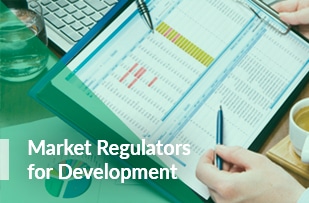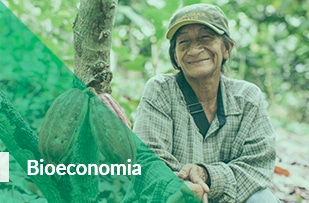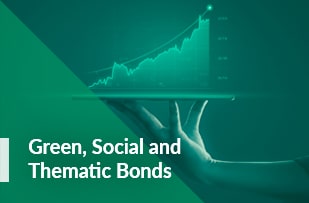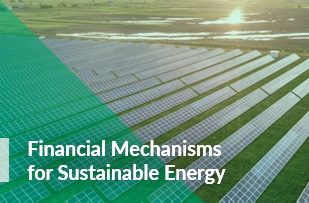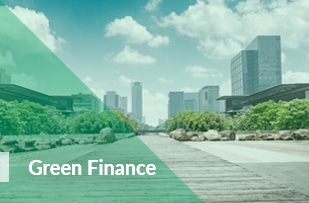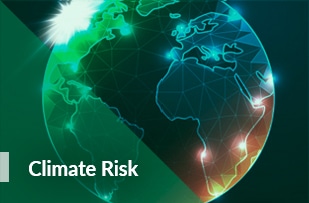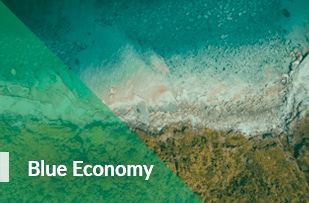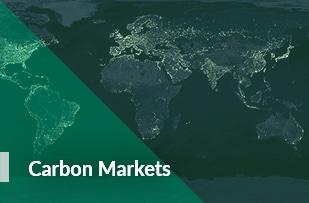- Home
- »
- Our Initiatives
- »
- Bioeconomy
Bioeconomy
The bioeconomy unlocks the use of biotechnology to create economic productivity solutions around the use of biological resources and ecosystem services to establish a regenerative economy, sustaining the conservation and restoration of biodiversity.As the importance of natural capital is increasingly recognized, international support such as the Bonn Challenge seeks to regenerate 9 million degraded hectares of forest in an initiative that has been recognized by several LAC governments.
Scope of Activities
Technical Assistance
Provide to different national economic sectors, with particular focus on areas such as human resources and the environment.
Financial Innovation
Encourage private and public capital funding for climate-related investment.
Strategic Dialogue and Partnerships
Promote dialogue with regulators, capital markets and financial sector stakeholders and mobilize financing, knowledge, and networks.
Why Bioeconomy?
Bioeconomy involves integrating conservation of biological resources and related knowledge into all economic sectors as part of a movement towards a sustainable economy using biological wealth to strengthen production and development while safeguarding and regenerating existing biodiversity. It is also compatible with meeting the objectives of the Millennium Development Goals, and more recently the Sustainable Development Goals, closely connected to the concept of the Green Economy to operationalize development goals within the global economy. Moreover, while significant private investment is needed to close the funding gap for restoring and conserving ecosystems, currently only 1% of new or renewed private sector capital investment is applied towards closing the biodiversity investment gap. Crucially, in doing so creating as potential economic benefits quality employment, exports, growing productive capacity, and regional growth and productivity.Bioeconomy and barriers to investment:
 Scarce finance availability.
Scarce finance availability. Stakeholder and institutional capacity for blended finance are still fragile.
Stakeholder and institutional capacity for blended finance are still fragile. Requirements for diverse governments coordination.
Requirements for diverse governments coordination.Success Cases
Intrinsic Exchange Group
The Intrinsic Exchange Group (IEG) is a company that brings innovation to tackling the root cause of some of the most significant environmental and social challenges we face today—the failure of our economic system to properly recognize and value natural assets. IEG’s mission is to convert natural asset value to financial capital, thereby providing the resources needed to fund conservation and regenerative practices at scale, powering us to a sustainable future for the benefit of nature and humanity. “Together, IEG and the NYSE will enable investors to access nature’s store of wealth and transform our industrial economy into one that is more equitable,” said Douglas Eger, CEO of IEG. IEG is pioneering a new asset class based on a new form of corporation called a Natural Asset Company (NAC), which will ultimately be taken public on the New York Stock Exchange (NYSE). NACs hold the rights to the ecosystem services and the value of the assets that are produced by these areas. By charter, each NAC’s primary purpose will be to maximize the production of these vital ecosystem services. Through this new asset class, IEG aims to enable the efficient capture of nature’s full value, provide cost signaling for the true cost of producing goods and services, and deploy capital at the scale needed to solve these pressing environmental and social challenges. IEG is currently advising a number of sovereign nations, private landowners and public companies on the potential creation of NACs in the US, Latin America, Europe and Africa. IEG has received initial funding from IDB Lab and IDB, The Rockefeller Foundation and Aberdare Ventures. IDB was an early supporter of IEG’s vision and helped it identify and develop projects in countries throughout South America.





 Stay updated on the latest trends of Green Finance
Stay updated on the latest trends of Green Finance





